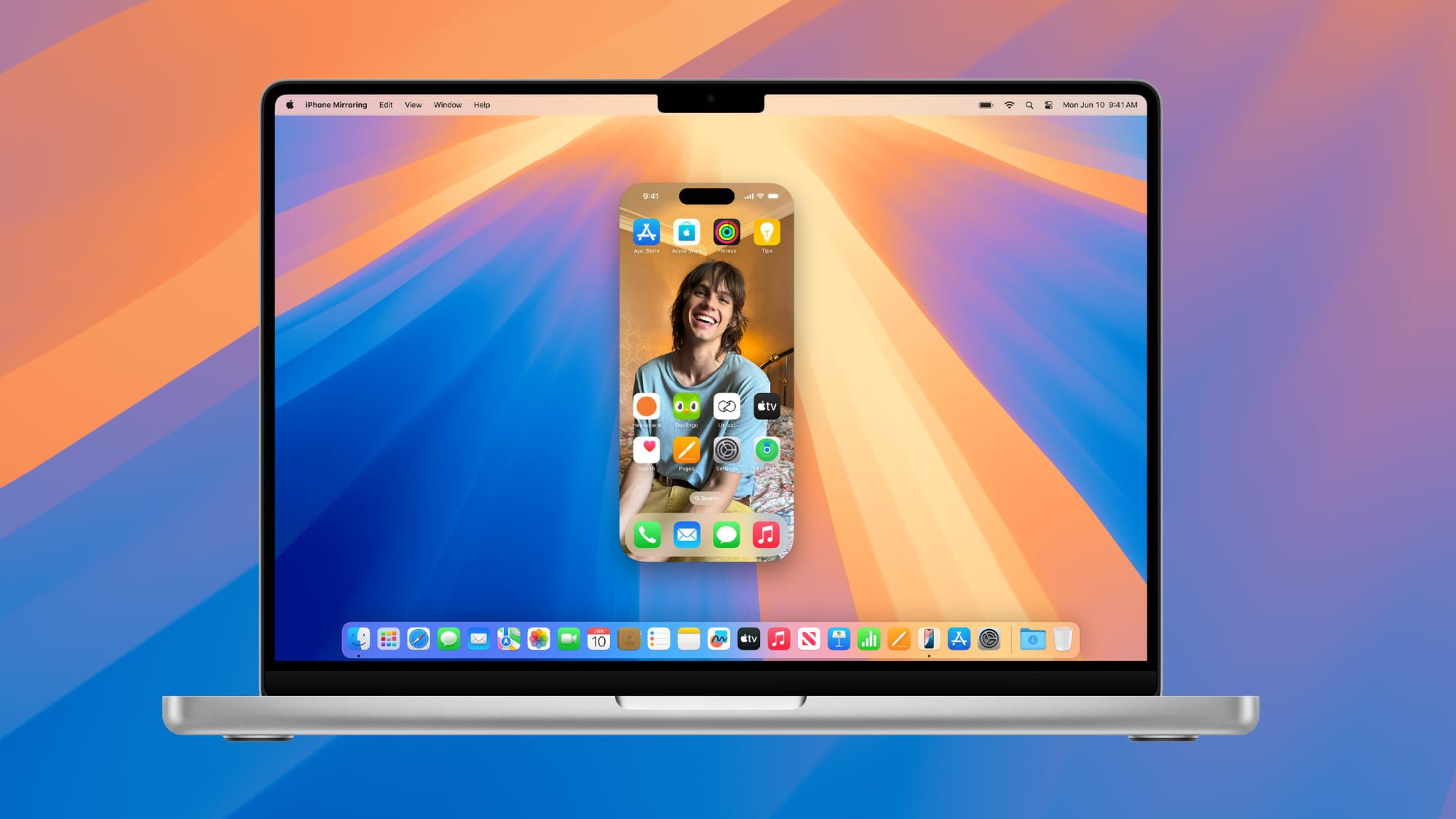Apple fans, get ready—one of the biggest events of the year is coming soon! WWDC happens every June, and it’s when Apple shows off what’s new for its software, like iOS, watchOS, and macOS. In 2025, we’ll see iOS 19, watchOS 12, macOS 16, and more.
When Will Apple Share WWDC 2025 Plans?
Apple usually tells us about WWDC in March. Looking back, here’s when they’ve done it before:
- 2017: February 16
- 2018: March 13
- 2019: March 14
- 2020: March 13
- 2021: March 30
- 2022: April 5
- 2023: March 29
- 2024: March 26
Since the timing has been pretty steady lately, I’d guess WWDC 2025 will be announced in late March.
When Is WWDC 2025 Happening?
WWDC usually takes place in early June. Here are some past dates:
- 2017: June 5-9
- 2018: June 4-8
- 2019: June 3-7
- 2020: June 22-26
- 2021: June 7-11
- 2022: June 6-10
- 2023: June 5-9
- 2024: June 10-14
One thing to note: Apple’s been slow with some iOS 18 features from last year. Big Siri upgrades might not come until May or June 2025 with iOS 18.5. Could that push WWDC a bit later? It’s possible!
What’s Coming at WWDC 2025?
This year, Apple Intelligence will steal the show. Reports say iOS 19 will bring a smarter Siri that acts more human, powered by fancy tech like ChatGPT or Google’s Gemini. There’s also talk that iOS 19 might borrow some cool design ideas from visionOS, like a major update to the Camera app. Some iOS 18 features got delayed to spring 2026, so WWDC 2025 might tease a bunch of iOS 19 goodies that won’t arrive right away. Want more? Check our iOS 19 guide! Apple will also reveal:
- iPadOS 19
- visionOS 3
- tvOS 19
- macOS 16
- watchOS 12
Any New Gear?
Hardware’s a maybe. The M4 MacBook Air could drop before WWDC, but the M4 Mac Studio and Mac Pro might show up at the event. Stay tuned!





